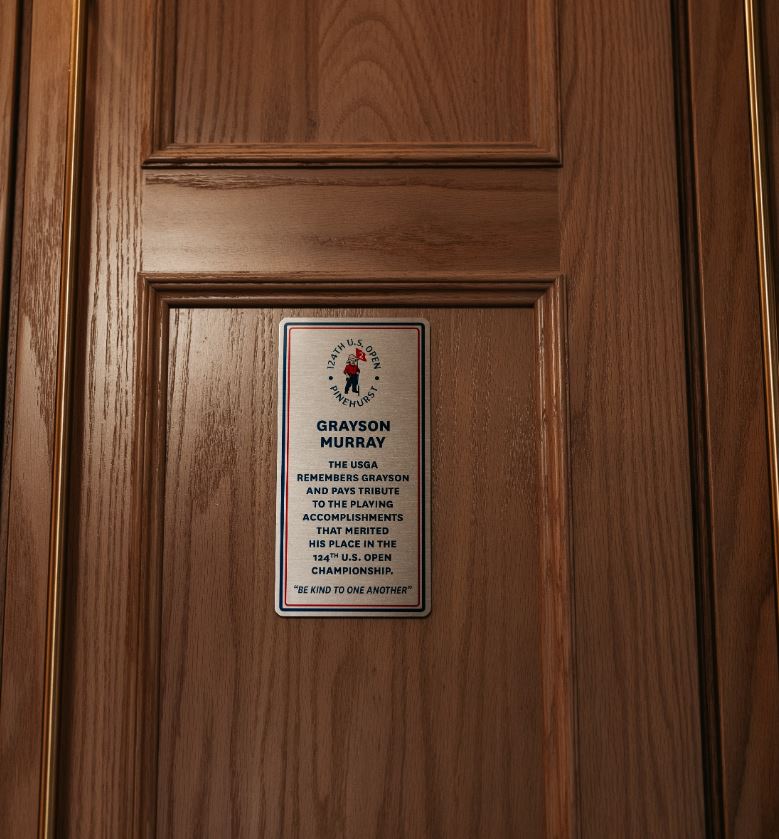
FORESTVILLE, New York – You see it all the time on tour. The blank stares and calm waves after making a birdie or an eagle putt. The quick shake of the head and an aggressive pass of the ground after an errant shot. For many amateur golfers their emotional reaction to these same experiences are quite polar opposites. To some degree, professional golfers have mastered the mask of emotions the game of golf sets forth on their minds and bodies, yet they are still human just like the rest of us.
May was Mental Health Awareness Month and June is Men’s Mental Health Awareness Month, and there is no sport more mentally taxing than golf. PGA Tour player Grayson Murray tragically took his own life after withdrawing from the Charles Schwab Challenge at Colonial Golf Course in May. LPGA Tour player Lexi Thompson surprisingly announced her retirement from professional golf right before her opening round at the Women’s U.S. Open at Lancaster Country Club.
Golf can make you feel like you can do no wrong and on top of the world when everything is going your way. It can also punish you, and send your mind into a frenzy of dark thoughts when the balance starts to tilt.

In golf the only person you have to rely on is yourself. The only thing you can control is your reaction to any circumstance you find yourself in. When you see players react to poor shots, they are almost always frustrated with themselves and it is hard to get back on the right train of thought and to not feed the negative energy.
I am not a professional golfer, but I do have a lot of experience playing in golf tournaments and right now I am preparing for a long summer of amateur golf events. One of the challenges I have faced to play my best golf is positive thinking and reinforcement. Bad shots happen and the mind has the tendency to send you down a long road of negativity that can compound into additional mistakes. Your thoughts want to put you down, to make you feel bad for yourself, to find excuses for why the shot did not turn out the way you wanted. The mind does not want you to succeed.
The trick to that mental block is fighting it with positive thoughts. If you can talk yourself into a bad shot, then you can talk yourself into a good shot too. The hard part is that positivity and good results take time and practice while negative thoughts are lurking, ready to take control at any moment.
The best golfers have the mental capability to feel emotions in the present, whether positive or negative, and release them before they hit their next shot. No matter the outcome, the thought process through each shot is the same. Golf is a constant up and down battle of managing emotions, regulating expectations, and performing at the highest ability the mind will allow. The best players in the world all have the skill to score low numbers, but the one who comes out on top has the most control of their thoughts.
So the next time you tee it up, remember to be kind to yourself and others on the golf course. Give yourself grace and appreciate each time you get the chance to step onto the course. After all, it is just a game that we love and can learn to enjoy no matter the number on the scorecard.










